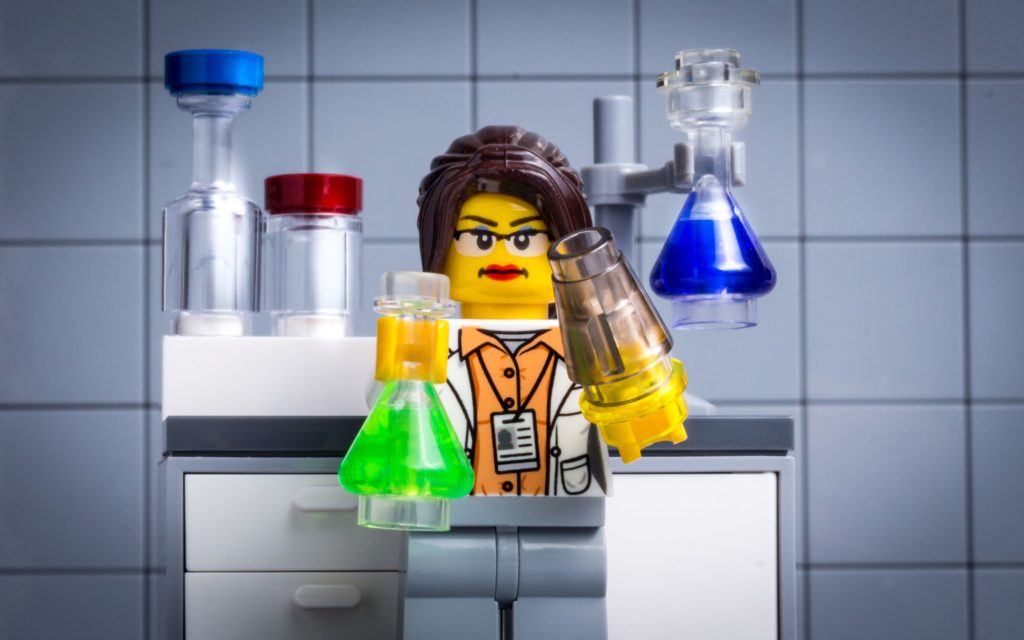
This GYA Incubator group was active from January 2020 – June 2021. It is now dormant, and likely to be picked up again at the 2022 or 2023 GYA Annual General Meeting.
Critical experiments: a globally and young-scientist designed, interdisciplinary course for undergraduate students
Researchers in all disciplines struggle to come up with meaningful answers for complex questions. An approach common to many fields of study is to manipulate some aspects of the world experimentally then measure the results. In some disciplines notions of what constitutes a good approach to experimentation were formalized decades ago, and this dogma can impede young researchers seeking to incorporate new data or perspectives. Young scientists seeking to innovate face the brunt of these restrictions. Future innovations in science will require a broader perspective on experimental design and its limitations.
The experiment as we know it is changing, yet undergraduate scientific education still reiterates traditional methods and rarely offers critical insights on the experiment and how it is designed. For those students who are trained in such insights (e.g. historians, philosophers and social scientists), they rarely get to engage with science students who are actually undertaking experiments, and so their criticisms may be divorced from practical realities. Our solution is to establish a working group with the purpose of designing an undergraduate curriculum for a course tentatively called “Critical Experiments”, which offers an interdisciplinary exploration of the experiment as a form, looking into how it is being questioned, celebrated, replicated and pushed in new directions across fields of science.
We believe that as leading young scientists in the GYA we have an important role to play in the education of the future generations of scientists, including encouraging critical and innovative thought on how science gets done. If GYA is to progress and innovate in how science gets done in the world, it needs to tackle some of the complex issues regarding how scientific evidence is generated at the level of higher education.
Watch the group’s video for the 2020 GYA e-Annual General Meeting here.
Picture: “Chemical experiment” by clement127, CC-NY-BY-ND 2.0
For a list of group co-leads since the group was established in 2020, see here.
N/A
This GYA Incubator group was active from January 2020 – June 2021. It is now dormant, and likely to be picked up again at the 2022 or 2023 GYA Annual General Meeting.
Our plans for 2022/23 include:
In 2020/2021, the Critical Experiments Incubator group, with the help of the Research Assistant Candida Sanchez Burmester (Maastricht University, Netherlands), compiled the results of our 2019 GYA Annual General Meeting survey on the different types, challenges and possibilities of experiments across our fields.
One outcome of this was to ask GYA members to expand on their responses in short videos, which are being compiled (watch this space!). We presented our ideas during the 2021 AGM, and further input was obtained. Considering the challenges of progressing this group in a virtual environment, this group will remain dormant until the 2022 AGM. We look forward to picking up the topic with interested GYA members. In the meantime, don’t hesitate to get in touch with the co-leads with your ideas or questions.
© 2024 Global Young Academy